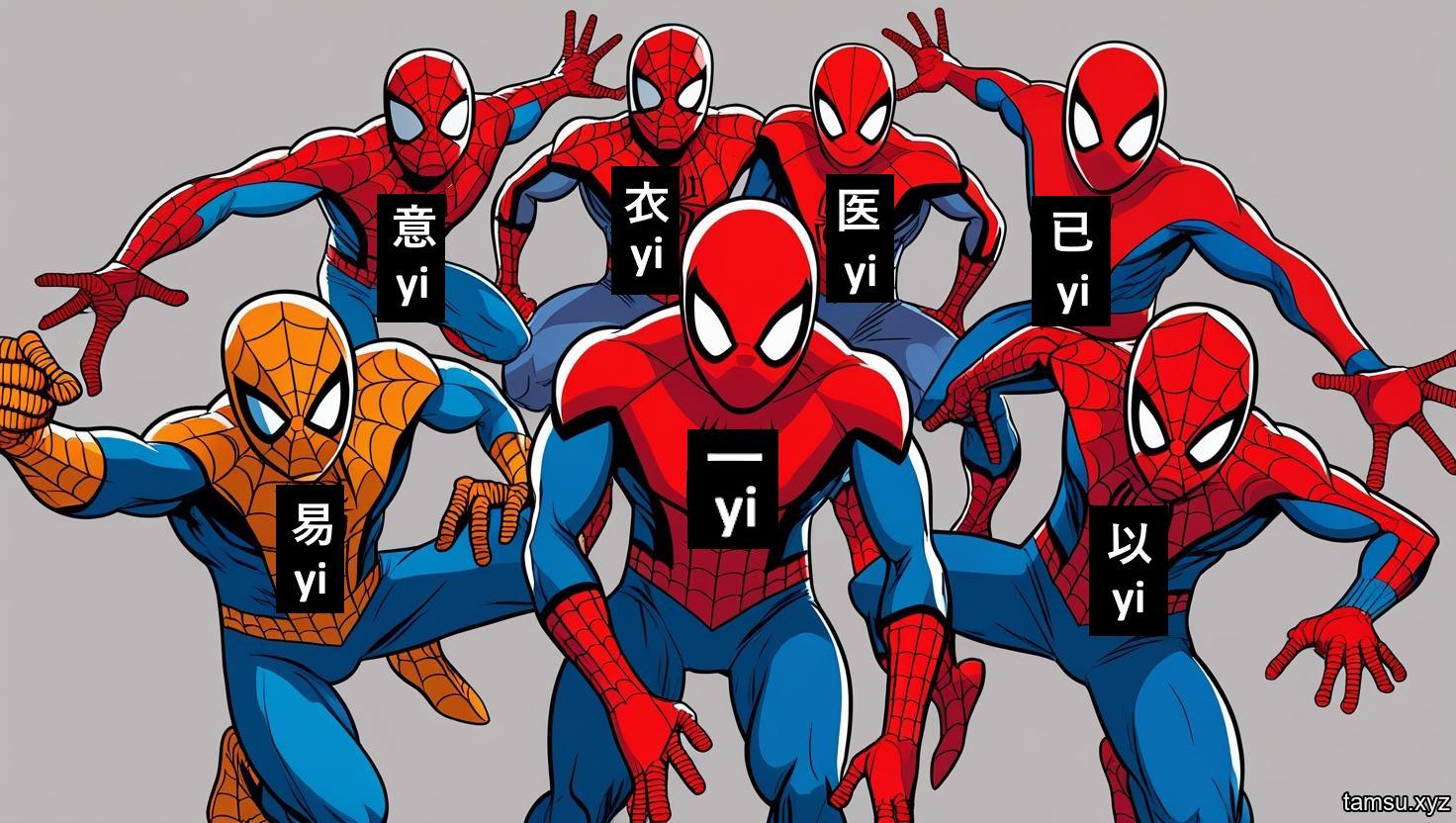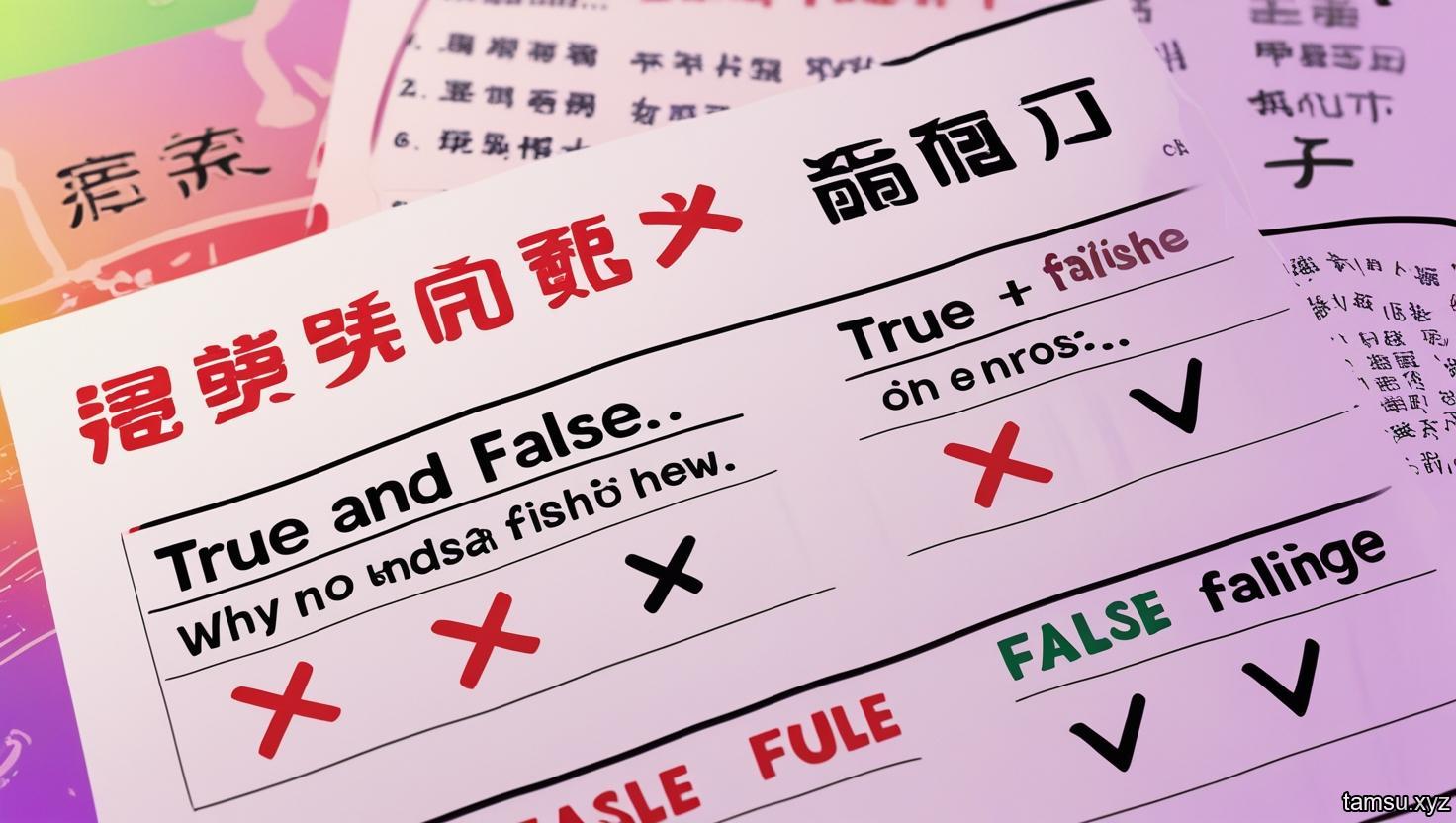Topic: Festival
主题:节日 [jié rì]
 Vocabulary:
Vocabulary:- 节日 - Holiday
jié rì
- 庆祝 - Celebrate
qìng zhù
- 活动 - Activity
huó dòng
- 庆典 - Celebration
qìng diǎn
- 礼物 - Gift
lǐ wù
- 聚会 - Get together
jù huì
- 烟花 - Fireworks
yān huā
- 游行 - Parade
yóu xíng
- 音乐会 - Concert
yīn yuè huì
- 表演 - Performance
biǎo yǎn
- 演出 - Performance
yǎn chū
- 灯笼 - Lantern
dēng lóng
- 舞蹈 - Dance
wǔ dǎo
- 传统 - Tradition
chuán tǒng
- 节庆 - Festivals
jié qìng
- 民俗 - Folk customs
mín sú
- 喜庆 - Celebration
xǐ qìng
- 游乐园 - Amusement park
yóu lè yuán
- 嘉年华 - Carnival
jiā nián huá
- 庙会 - Temple fair
miào huì
- 传媒 - Media
chuán méi
- 饮食 - Diet
yǐn shí
- 饮料 - Beverage
yǐn liào
- 餐桌 - Dining table
cān zhuō
- 餐具 - Tableware
cān jù
- 祭祀 - Worship
jì sì
- 纪念日 - Anniversary
jì niàn rì
- 纪念品 - Souvenir
jì niàn pǐn
- 清明节 - Qingming Festival
qīng míng jié
- 中秋节 - Mid-Autumn Festival
zhōng qiū jié
- 春节 - Spring Festival
chūn jié
- 除夕 - New Year's Eve
chú xī
- 元宵节 - Lantern Festival
yuán xiāo jié
- 端午节 - Dragon Boat Festival
duān wǔ jié
- 腊八节 - Laba Festival
là bā jié
- 元旦 - New Year's Day
yuán dàn
- 圣诞节 - Christmas
shèng dàn jié
- 情人节 - Valentine's Day
qíng rén jié
- 劳动节 - Labor Day
láo dòng jié
- 儿童节 - Children's Day
ér tóng jié
- 感恩节 - Thanksgiving
gǎn ēn jié
- 狂欢 - Celebration
kuáng huān
- 盛大 - Grand
shèng dà
- 联欢 - Get-together
lián huān
- 家庭聚会 - Family gathering
jiā tíng jù huì
- 社交活动 - Social activities
shè jiāo huó dòng
- 盛宴 - Feast
shèng yàn
- 节日气氛 - Festive atmosphere
jié rì qì fēn
- 宴会 - Banquet
yàn huì
- 祝贺 - Congratulations
zhù hè
Face a real-life situation? Ask AI for the right Chinese expressions and cultural style
Whenever you encounter a real-life situation like greeting an elder, ordering food, asking for directions, or expressing thanks, simply ask AI: “How do I say this in Chinese?” AI will not only give you the right word or phrase, but also explain which topic it belongs to, whether a formal or casual tone is more appropriate, and how to express it naturally in Chinese culture. For example, when asking for directions, AI might tell you it’s part of the “Transportation – Asking Directions” topic, with useful words like 请问 (“excuse me”) and 怎么走 (“how to get there”), and show you polite sentence patterns for talking to strangers.
Learn Chinese by topic with AI – remember longer, speak more naturally like a native
When you learn through real-life topics with guidance from AI, you not only memorize words faster, but also understand how native Chinese speakers actually use language in context. This method helps you grasp tone, politeness levels, cultural nuances, and avoid saying things that are grammatically correct but culturally inappropriate. AI becomes your native-speaking coach – always ready to explain why one phrase is better than another, helping you speak naturally, appropriately, and build rapport when using Chinese in daily life.
Basic topics:
1. 问候和基本交流 - Greetings and basic communication
wèn hòu hé jī běn jiāo liú
2. 自我介绍 - Introduce yourself
zì wǒ jiè shào
3. 问路和地点 - Ask for directions and locations
wèn lù hé dì diǎn
4. 购物 - Shopping
gòu wù
5. 食物和饮料 - Food and Drink
shí wù hé yǐn liào
6. 交通 - Transportation
jiāo tōng
7. 住宿 - Home/ Accommodation
zhù sù
8. 健康 - Healthy
jiàn kāng
9. 数字和时间 - Numbers and time
shù zì hé shí jiān
10. 家庭 - Family
jiā tíng
11. 颜色 - Color
yán sè
12. 国家和地区 - Countries and regions
guó jiā hé dì qū
13. 学校 - School
xué xiào
14. 职业 - Profession
zhí yè
15. 宠物 - Pet
chǒng wù
16. 娱乐 - Entertainment
yú lè
17. 旅游 - Travel
lǚ yóu
18. 季节 - Season
jì jié
19. 节日 - Festival
jié rì
20. 人体 - Human body
rén tǐ
21. 性格 - Character
xìng gé
22. 情感 - Emotion
qíng gǎn
23. 学习 - Study
xué xí
24. 家庭用品 - Household products
jiā tíng yòng pǐn
25. 运动 - Sports
yùn dòng
26. 科技 - Technology
kē jì
27. 工作 - Work
gōng zuò
28. 自然 - Nature
zì rán
29. 基本动词 - Basic verbs
jī běn dòng cí
30. 基本形容词 - Basic adjectives
jī běn xíng róng cí
31. 水果 - Fruit
shuǐ guǒ
32. 花 - Flower
huā
33. 化妆品 - Cosmetic
huà zhuāng pǐn

Can’t Remember Chinese Characters? Here’s Why and What to Do
Chinese characters are hard to memorize? Discover why they’re difficult and how to remember them better.
Đọc tiếp →
7 common mistakes when learning Chinese and how to fix them
Chinese learners are prone to making mistakes such as translating each word, wrong auxiliary words, wrong quantifiers, wrong tones... The article points out common mistakes and how to fix them.
Đọc tiếp →
5 tips to learn Chinese grammar effectively
Chinese grammar is simple but requires correct understanding in context. This article shares 5 tips to learn easily, remember for a long time and use grammar correctly.
Đọc tiếp →
Repetition in Chinese: Cute, Lively and Natural
The phenomenon of reduplication in Chinese (叠词) helps to express more naturally in nouns, adjectives and verbs. The article has clear examples and common usage.
Đọc tiếp →